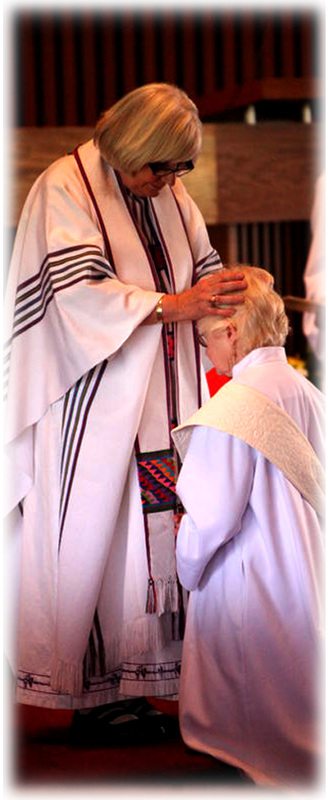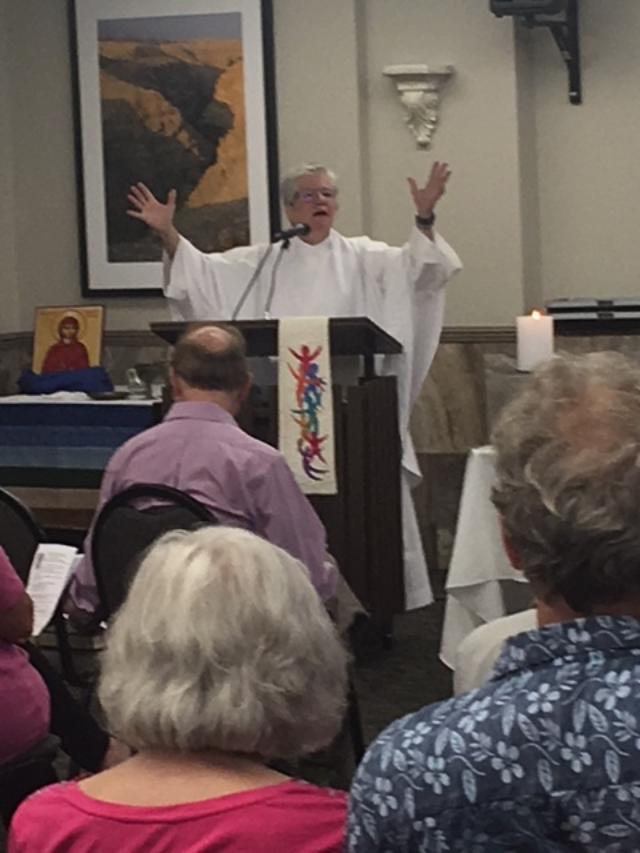3rd Easter, and Earth Day, 4/18/21
Acts 4: 32-35
A Reading from A New Climate for Theology, by Sallie McFague
A Ute Prayer
1 John 5: 1-6
Mk 16: 13-14; Lk 24: 35-48
We are all One.
There once was a man named Lawrence Anthony, who lived in Zululand, S. Africa, and learned to calm traumatized elephants. He devoted his whole life to studying elephants, and other animals, and started several huge animal reserves. Once, when a herd of elephants became endangered by poachers because they kept escaping from whatever enclosure they were in, Anthony managed to calm the matriarch elephant, and saved all 9 in the herd from destruction. When Anthony died of a sudden heart attack, two elephant herds from his reserve spontaneously walked twelve hours to stand vigil around his house, similar to the way they mourn when one of their own number dies. After two days, they walked away, back into the bush. Scientists have no idea how they sensed Anthony had died.
We are all one.
After Jesus died and was raised, the apostles pooled their resources, and devoted all their time to preaching Christ’s living presence among them.
We are all one.
God has blessed us with an unbelievably complex and beautiful planet. We breathe oxygen, and give off carbon dioxide. Trees and plants breathe carbon dioxide, and give off oxygen. Every breath we take is a moment in the cycle of interrelatedness of all the plants, animals, and other creatures God has lovingly placed in this sphere of abundance we call Earth.
We are all one.
Indigenous wisdom is that if we are quiet and open our eyes and our ears, the Earth can teach us: humility, caring, courage, acceptance, selflessness, kindness, and many other truths. We depend on the earth, and the earth depends on us, for protection.
We are all one.
The love of God is this: that we fulfill the desire of God’s heart for the world.
We are all one.
Jesus, the Christ, came and lived among us as a human, possessing bones and flesh, hands, and feet, speaking, and eating, celebrating the beauty and complexity of the plants, animals, seas, and deserts around him, and forming relationships with many people. He was executed for daring to teach that God’s love for us is limitless, that God cherishes every single being on the Earth, and that our job was to love and protect one another, people, creatures, and planet, in the same unlimited way. Jesus’ life and his compassionate presence were so vivid to those who knew him, that they knew that it could never be extinguished, but would be alive with them, and for all generations after them, through all eternity. And because Jesus was alive, and we are all one, we can be alive, forever with the Christ, with the Earth’s Creator and with the Spirit of their eternal love, through every age, forever.
We are all one.
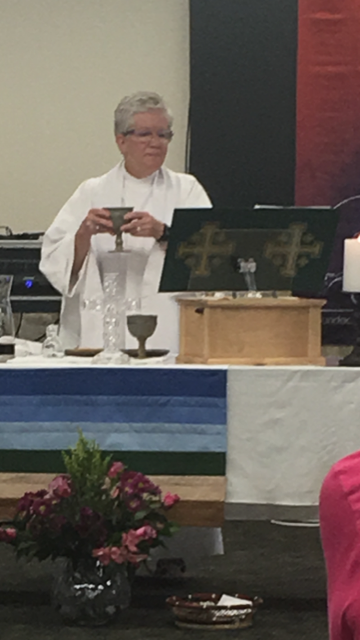
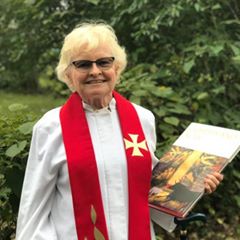
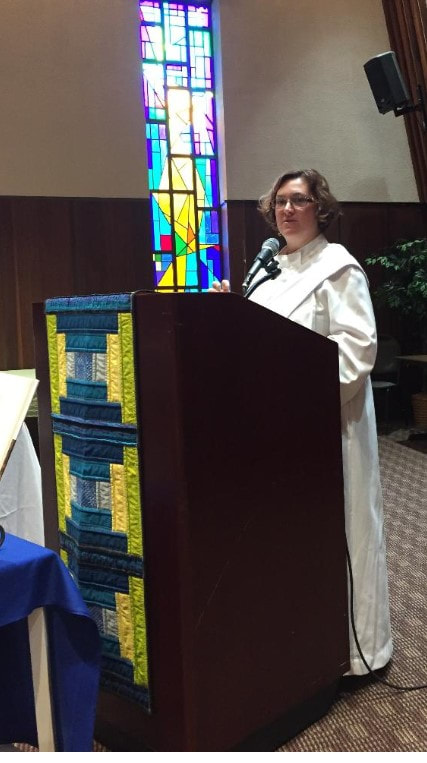
 RSS Feed
RSS Feed
